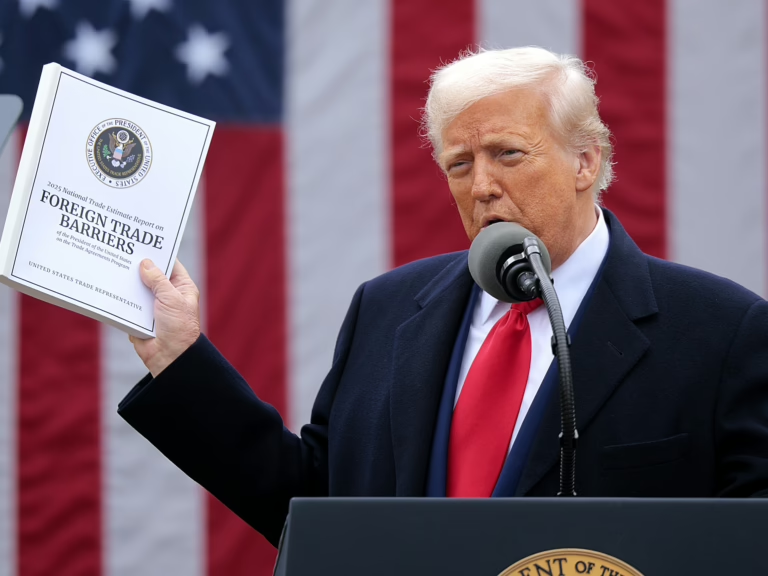Federal Appeals Court Invalidates Majority of Trump-Era Tariffs
ruling on Trump’s tariffs“>
In a court-finds-senator-natasha-guilty-of-contempt-fines-her-n5m/” title=”… finds Senator Natasha guilty of contempt, fines her N5m”>landmark decision, the US Court of Appeals for the Federal Circuit has declared most tariffs imposed during Donald Trump’s presidency unlawful, stating they exceeded the scope of presidential authority. The 7-4 ruling firmly rejected the administration’s justification that these tariffs were permissible under the International Emergency Economic Powers Act (IEEPA).
Legal Basis and Congressional Authority on Tariffs
The judges clarified that the IEEPA does not empower the president to unilaterally impose tariffs, emphasizing that tariff-setting is constitutionally a legislative function reserved for Congress. The court highlighted that the 1977 statute was never intended to grant the executive branch unchecked control over trade policy, underscoring the separation of powers fundamental to US governance.
Scope and Impact of the Ruling
This verdict directly challenges Trump’s broad reciprocal tariffs, which affected numerous countries globally, including key trading partners such as China, Mexico, and Canada. However, tariffs enacted under different legal frameworks-like those on steel and aluminum-remain unaffected by this decision.
The litigation originated from complaints by small businesses and several US states, who contested the tariffs following Trump’s 2024 executive orders that established a baseline 10% tariff on nearly all imports, alongside additional reciprocal tariffs. Previously, the New York-based Court of International Trade had ruled these tariffs illegal, but that decision was temporarily suspended pending appeal.
Reactions and Potential Consequences
Former President Trump condemned the ruling on his social media platform, Truth Social, labeling the court as politically biased and warning that rescinding the tariffs would devastate the US economy. He maintained that these tariffs were vital for safeguarding national security and bolstering economic strength.
Legal representatives for the administration cautioned that invalidating the tariffs might precipitate a financial crisis reminiscent of the 1929 stock market crash, arguing that the levies were crucial tools for protecting US security and foreign policy interests.
Next Steps and Broader Implications
The ruling is set to take effect on October 14 unless overturned on appeal. The administration is expected to escalate the case to the US Supreme Court, which has increasingly curtailed expansive executive actions lacking explicit congressional approval. With six of the nine justices appointed by Republican presidents-including three nominated by Trump-the Supreme Court’s forthcoming decision could significantly redefine the boundaries of presidential authority over trade policy.
As global trade tensions continue to evolve, this case represents a pivotal moment in balancing executive power and legislative oversight in shaping America’s economic and diplomatic strategies.























0 Comments